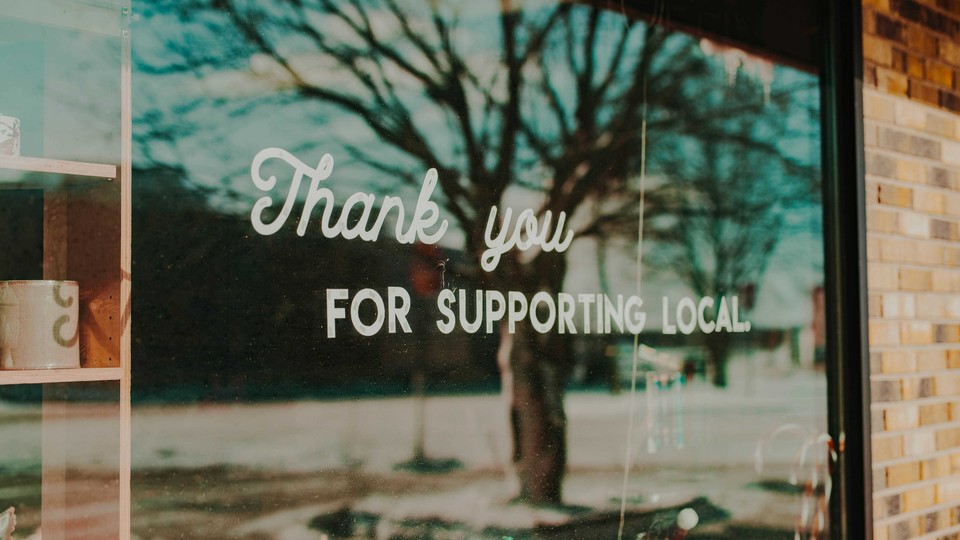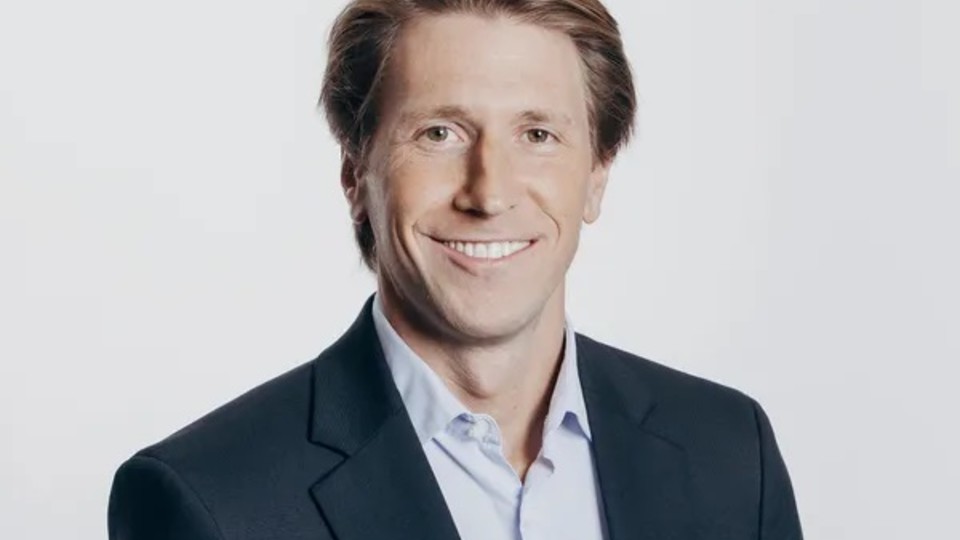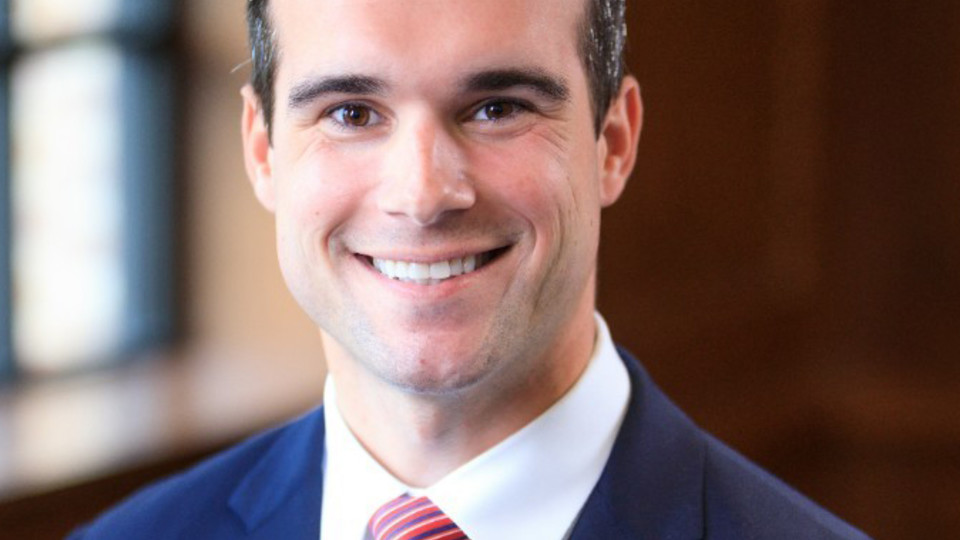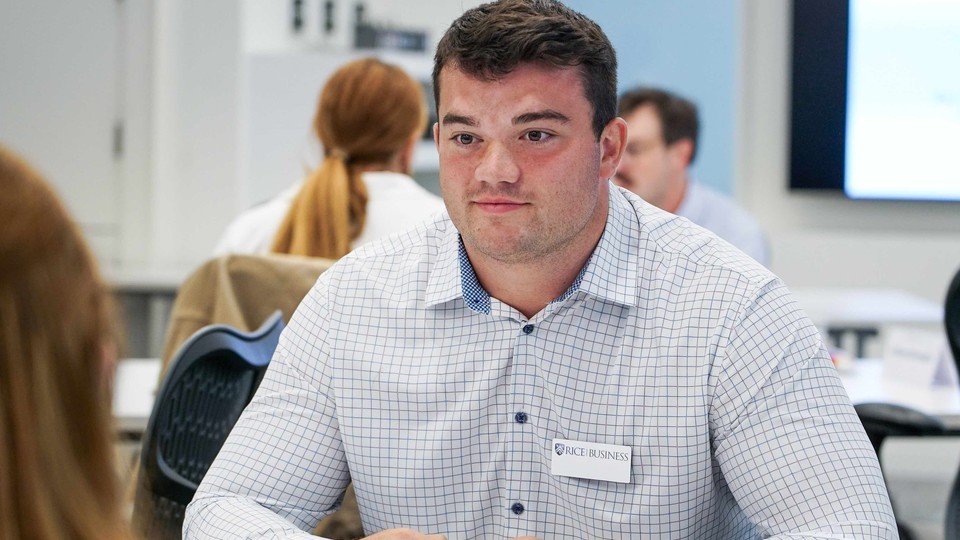How Companies Can Better Deliver Unexpected News
When to release the headline-breaking news and when to bury it.


Based on research by Haiyang Li (Rice Business), Robert Hoskisson (Rice Business), and Jing Jin (University of International Business and Economics)
Key findings:
- Firms release news strategically based on market reactions to mergers and acquisitions.
- After a strong market reaction, firms release more negative news, regardless of whether the reaction is positive or negative.
- People tend to have stronger reactions to unexpected news, so news that meets the public’s expectations of a company can go unnoticed.
According to Forbes, the volume of mergers and acquisitions in 2021 was the highest on record, and 2022 has already seen a number of major consolidation attempts. Microsoft’s acquisition of video game company Activision Blizzard was the biggest gaming industry deal in history, according to Reuters. JetBlue recently won the bid over Frontier Airlines to merge with Spirit Airlines. And, perhaps most notably, Elon Musk recently backed out of an attempt to acquire Twitter.
It can be hard to predict how markets will react to such high-profile deals (and, in Elon Musk and Twitter’s case, whether or not the deal will even pan out). But Rice Business professor Haiyang Li and Professor Emeritus Robert Hoskisson, along with Jing Jin of the University of International Business and Economics in Beijing, have found that companies can take advantage of these deals to buffer the effects of other news.
The researchers looked at 7,575 mergers and acquisitions from 2001 to 2015, with a roughly half-and-half split between positive and negative stock market reactions. They found that when there’s a negative reaction to a deal, companies have two strategies for dealing with it. If it’s a small negative reaction, companies will release positive news announcements in an attempt to soften the blow. But when the reaction is really bad, companies actually tend to announce more negative news afterward. Specifically, companies released 18% less positive news and 52% more negative news after a bad market reaction.
This may seem counterintuitive, but there’s a method to the madness, and it all has to do with managing expectations. If people are lukewarm on a company due to a merger or acquisition, it’s possible to sway public opinion with unrelated good news. When the backlash is severe, though, a little bit of good PR won’t be enough to change people’s minds. In this case, companies release more bad news because it’s one of their best chances to do so without making waves in the future. If people already think poorly of a company due to a recent deal, more bad news isn’t great, but it doesn’t come as a surprise, either. Therefore, it’s easier to ignore.
It might make more sense to just keep quiet if the market reaction to a deal is bad, and this study found that most companies do. However, this only applies when releasing more news would make a mildly bad situation worse. If things are already bad enough that the company can’t recover with good news, it can still make the best out of a bad situation by offloading more bad news when the damage will be minimal.
Companies are legally obligated to disclose business-related news or information with shareholders and with the public. If it’s bad news, they like to share it when the public is already upset about a deal, instead of releasing the negative news when there are no other distractions. In this case the additional negative news is likely to get more play in the media when disclosed by itself.
But what happens when people get excited about a merger or acquisition? In these cases, it also depends on how strong the sentiment is. If the public’s reaction is only minimally positive, companies may opt to release more good news in hopes of making the reaction stronger. When the market is already enthusiastic about the deal, though, companies won’t release more positive news.
The researchers found that after an especially positive market reaction to a deal, companies indeed released 12% less positive news but 56% more negative news. Also, one could argue that the contrasting negative news makes the good news on the acquisition look even better. This may be important especially if the acquisition is a significant strategic move.
There are several reasons why a company wouldn’t continue to release positive news after a good press day and strong market reaction. First of all, they want to make sure that a rise in market price is attributed to the deal alone, and not any irrelevant news. A positive reaction to a deal also gives companies another opportunity to disclose bad news at a time when it will get less attention. If the bad news does get attention, the chances are better that stakeholders will go easy on them — a little bit of bad press is forgivable when the good news outshines it.
Companies may choose to release no news after a positive reaction to a merger or acquisition, the same way they might opt to stay quiet after backlash. They’re less likely to release positive news when stakeholders are already happy, preferring to save that news for the next time they need it, either to offset a negative reaction or strengthen a weak positive reaction.
Mergers and acquisitions can produce unpredictable market reactions, so it’s important for companies to be prepared for a variety of outcomes. In fact, Jin, Li and Hoskisson found that the steps taken by companies before deals were announced didn’t have much effect on the public’s reaction. They found that it’s more important for companies to make the best out of that reaction, whatever it turns out to be.
The researchers also found that, regardless of whether the market reaction was positive or negative, as long as the reaction was strong, companies could use the opportunity to hide smaller pieces of bad news in the shadow of a headline-making deal. Overall, the magnitude of the reaction mattered more than the type of reaction. People tend to have stronger reactions to unexpected news, though, so companies prefer to release negative news when market expectations are already low.
These findings are relevant beyond merger announcements, of course; they also point to strategies that could be useful in everyday communications. A key takeaway is that negative information is less upsetting when people already expect bad things — or when it comes after much bigger, and much better, news. Bad news is always hard to deliver, but this research gives us a few ways to soften the blow.
Li, Hoskisson, and Jin (2022). “The Use of Strategic Noise in Reactive Impression Management: How Do Market Reactions Matter?” Academy of Management Journal.
Never Miss A Story
You May Also Like
Keep Exploring
2022 MBA To Watch: Olaniyi Dada, Rice University (Jones)
"Being the investment banking chair for the Rice Business finance association is my proudest achievement. Under my leadership, we were able to help secure over 95% investment banking internship positions for the first-year students recruiting for IB. "
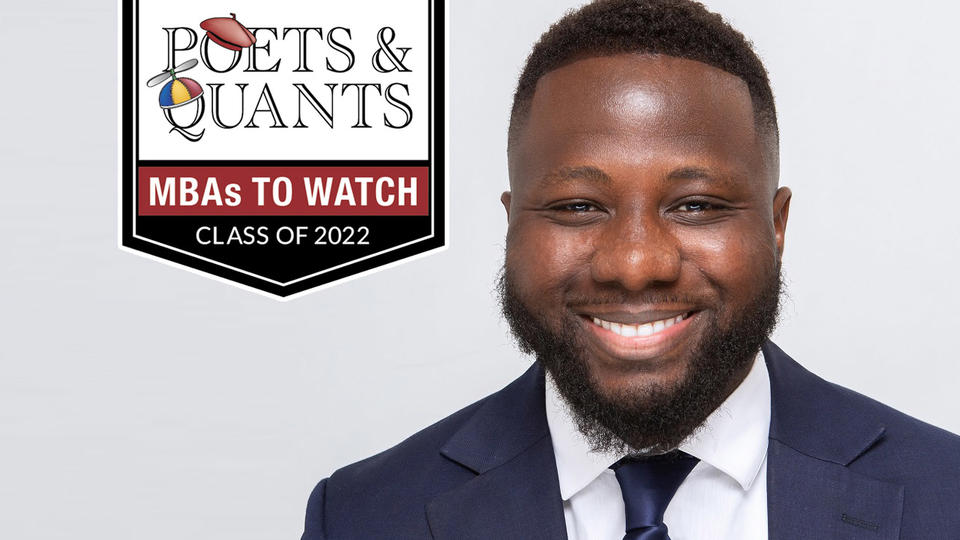
2022 MBA To Watch: Quy Le, Rice University (Jones)
"As I researched MBA programs in Houston, it became apparent that Rice is THE business school in Houston. Rice made a lot more sense for us and it checked the box for all my other criteria such as cohort size, tuition, and job outcomes."
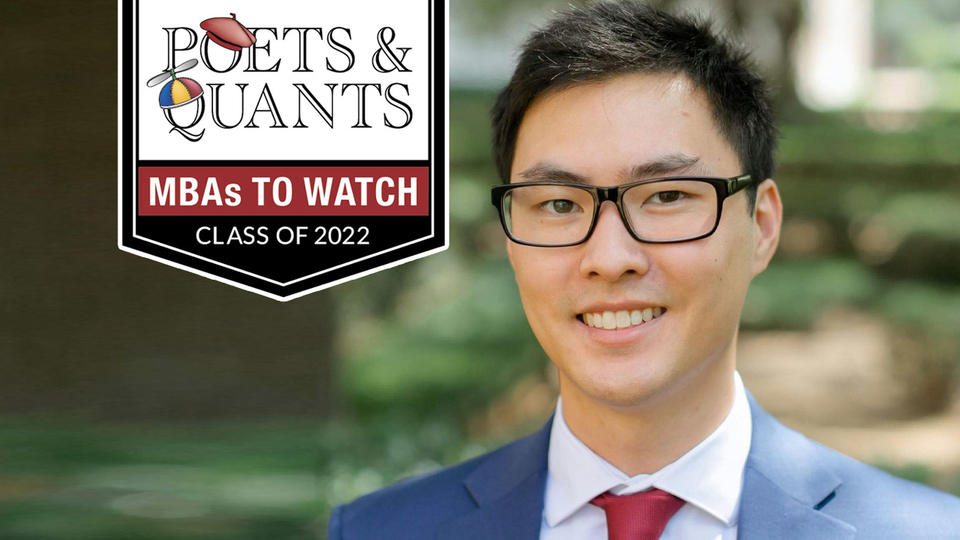
2022 MBA To Watch: Alex Williams, Rice University (Jones)
"The biggest myth about Rice Business is that everyone is crazy smart and intensely competitive. Everyone is legitimately crazy smart, but the “all competition all the time” myth is not true. I have made incredible friends during this program. We’re all in it together."
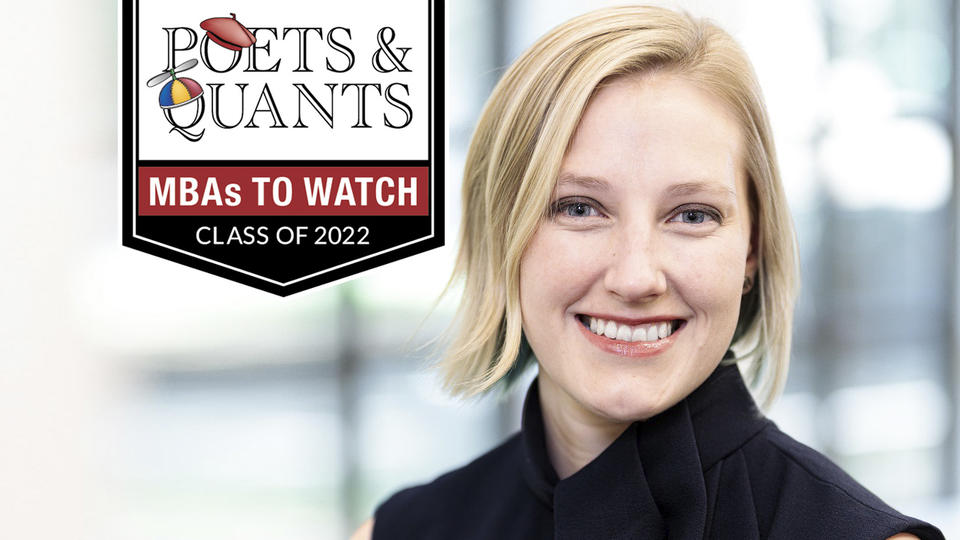
4 conversations that will inspire employees
Transactional communication can eat up as much as 44% of your work day, according to research from Rice Business Wisdom. Planned conversations work to inspire employees and keep them engaged.

Seizing the Opportunity feat. Brandy Hays Morrison ’05
Season 2, Episode 21
Brandy is the vice president of strategic growth for Pluribus Digital, a technology firm based in Washington, D.C., where she leads business development efforts in the federal government contracting space. She sits down with host Christine Dobbyn to chat about her years at Rice, learning to advocate for herself, starting the Black Business Student Assocation at Rice Business, and the importance of being knowledgeable in global customs.
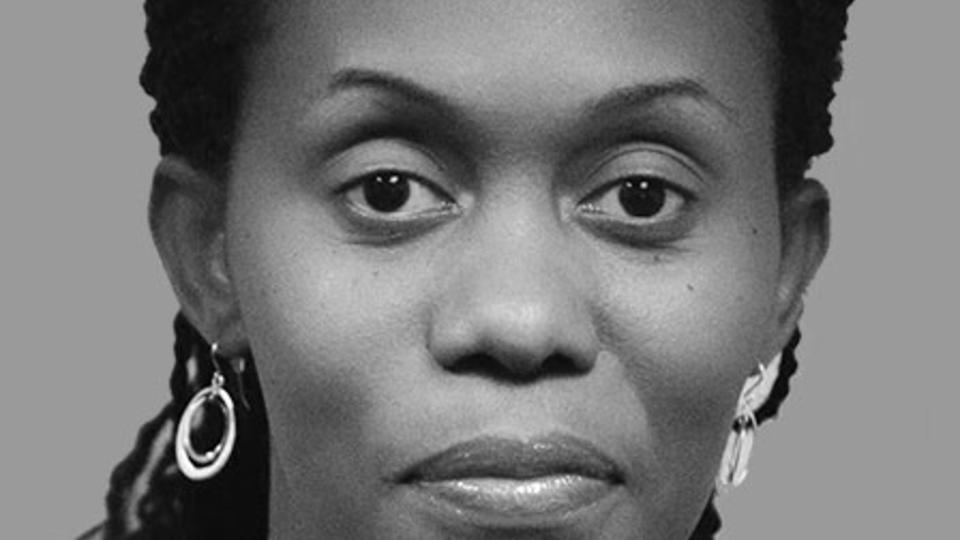
Owl Have You Know
Season 2, Episode 21
Brandy is the vice president of strategic growth for Pluribus Digital, a technology firm based in Washington, D.C., where she leads business development efforts in the federal government contracting space. She sits down with host Christine Dobbyn to chat about her years at Rice, learning to advocate for herself, starting the Black Business Student Assocation at the Jones School, and the importance of being knowledgeable in global customs.
Subscribe to Owl Have You Know on Apple Podcasts, Spotify, Youtube or wherever you find your favorite podcasts.
Episode Transcript
-
[00:00] Intro: Welcome to Owl Have You Know, a podcast from Rice Business. This episode is part of our Pivot Series, where guests share stories of transformation in their lives and careers.
[00:14] Brandy: Being able to meet with an alum who had a similar story, I'm thinking, okay, I can do this, too.
[00:21] Christine: Today on Owl Have You Know: when Brandy Hays Morrison graduated from Rice Business in 2005, it was her second time graduating as an Owl. Today she talks about her many Rice experiences that led her on a path that’s provided a diverse skill set. She has extensive experience in software development, strategy consulting in the public sector, business analysis, IT investment and global customs. One of her passions while she was an undergrad was starting a nonprofit whose mission was to bring more diversity and leadership to college campuses. She currently sits on the Rice University Board of Trustees and talks about how leaders can better tackle diversity, equity and inclusion issues.
[01:03] Christine:We're joined today by Brandy Hays Morrison, Rice Business Full-Time MBA Class of 2005, joining us from Washington, D.C. Brandy, we want to thank you for joining us on Owl Have You Know.
[00:33] Brandy: Thanks for having me, Christine.
[00:34] Christine: Well, first of all, let's start with, you are a two-time Owl, graduating first in 2000, double-majoring in computer engineering and managerial studies for undergrad, and then you returned to Rice Business to earn your MBA in 2005. Can you talk about, you know, choosing Rice twice and, maybe, the differences in experiences as an undergrad and as a business school student?
[00:56] Brandy: For sure, yeah. You've absolutely done your homework. Everything you said was spot-on. I'm originally from New York. I grew up in New York City, in Manhattan, on the lower east side of Manhattan. And so, just to put it out there, I had never heard of Rice. I got a scholarship to Rice, an engineering scholarship. This would've been in the mid-90s, when there was a push for more women and more minorities to enter into the field of engineering. And so, at the time, I had very high math and science grades, high grades all the way around. And it was suggested to me that I consider engineering. And so, I didn't know what an engineer was. I had never heard of Rice. I had only been to Houston once in my life.
And so, I took a leap of faith. And it all worked out. But I am very grateful to the Posse Foundation, which is the scholarship that I received to enter into Rice. And so, Rice was the second ever Posse school. And they had the first engineering Posse. And so, that's how I started at Rice the first time.
The second time... so, that's a little bit of a story, too. I actually was working as a software engineer at Compaq. And so, when I say that I feel like I'm dating myself because Compaq was acquired by what's now Hewlett-Packard... And so, I was working in the suburbs of Houston out in Tomball, off of 249, for those folks that know the Houston area pretty well. I was working out there as a software engineer. And I figured, hey, I'm going to focus on the GMAT first, and then think about where to apply later.
And it just so happened that my GMAT instructor that was on the campus of Compaq at the time — and so, I really just had to take the elevator down to go to my classes after work — was a Rice alum by the name of George Webb. He works at Rice today, but he had a career as an attorney. But he highly suggested that I consider the Jones School. In my mind, I'm like, well, that would've thrown off my whole timeline. I didn't want to apply until next year. And so, long story short, he and a gentleman by the name of Peter Veruki, who was at the Jones School at the time in 2003, they planned together and got me at the Jones School. And so, I never looked back. And it was a great decision.
[03:04] Christine: What are some of the key takeaways from your experience at Rice Business that you use today in your role and really have used since then?
[03:12] Brandy: Let's see. So, there are quite a few takeaways, but I will start with communications. And so, my communications instructor was a gentleman by the name of Gale Wiley. We're still Facebook friends to this day, and so, keep in touch that way. But Gale definitely taught us a lot about public speaking. I have been, and still am, very much an introvert. And so, the Jones School really transformed me from someone who was very much an introverted technical software engineer to someone who was more comfortable speaking in public and taking a leadership role and not being afraid to speak up. I remember there was an exercise in the Jones School where there was... you had to speak extemporaneously in communications class, and you never knew when you were going to get called on, you never knew what the topic was. And for me, that was almost like... to an introvert, that's like, "Oh, no, am I going to get called? I don't even know what I'm saying." But it really helped me to feel comfortable communicating whatever the message was, even if I wasn't prepared. And so, that was one of my key takeaways from a communication standpoint.
I think another thing was networking, so recognizing the importance of networking among the folks in your class, among the other year in your class, because at the time, there was a first and second-year class, making sure that you branched out to the executive MBAs, if any companies came to campus, that you were networking there and not being afraid to advocate for yourself.
[04:49] Christine: So, today, you are Vice President of Strategic Growth for Pluribus Digital. It's a technology firm based in Washington, D.C. Can you tell us a little bit about your current role and how you got there?
[05:00] Brandy: Absolutely. So, Pluribus Digital is a digital services firm based out of Arlington, Virginia, which is in the Washington, D.C. area. But we provide digital services to the government. And the easiest way to explain that is that if you have to go online to apply for a social security benefits or apply for anything pertaining to the IRS and taxes or veterans go online to apply for veterans benefits, and so any interaction between citizens or residents of this country and the government online is called a digital service. And so, we provide those digital services on behalf of the U.S. federal government. And one of the contracts that we support now is in support of the U.S. Citizenship and Immigration Services. And so, we support many of the systems that facilitate legal immigration. So, for example, refugees that come to this country. And so, we're really proud of our work with USCIS.
[06:03] Christine: There's a lot to that. And I would imagine, digital services involving the government, the last couple of years, have been even more important than ever, with all the COVID programs and everything that's been going on.
[06:16] Brandy: Absolutely, yeah, digital services has become really huge, I would say, in the past decade plus. But you're spot-on with the COVID benefits, for sure. I think that the veteran community is one of the best examples of a process that needed to be improved or the interaction or the experience, if you will, of the veterans interacting with the government has needed to be improved. And so, there's a coalition of firms that I helped to start up. And there are about 28 of us now that formed the Digital Services Coalition or the DSC. And so, we really want to make sure that we put the experience of the user at the forefront when they are attempting to get services from the U.S. government.
But I wanted to circle back really quickly. You did ask me how I got here. And so, that's a whole nother story. I've mentioned that I didn't know what an engineer was, but I did know what a computer was from a very early age. The story goes that my mom did not want my older brother and I playing video games. And so, this is about the time when there was the Atari that came out. And so, again, dating myself with all these terms. She didn't want us playing the Atari. She didn't want us playing Nintendo. And so, she did say, "Hey, IBM came out with a PC. And so, I want you to learn how to use that." And so, she did buy us a couple of precursors to the IBM PC, which would've been the VIC-20 or the Commodore 64. And so, she puts these computers in front of us. And so, my brother would've been in the sixth grade. I was probably in kindergarten or first grade at the time. And so, my brother starts programming. And I'm watching him. And so, I'm learning how to program at a very early age.
Now, keep in mind, this is the '80s, before computers were in everyone's home. But my mother's vision was for one of her children, if not both of her children, to end up working for IBM, which I will say that IBM was the reason why I moved from Houston to the Washington, D.C. area. So, IBM did recruit me right out of the Jones School and transitioned me to where I am today, geographically.
So, when I went to Rice the first time, didn't know what an engineer was. And the question was, well, what discipline do you want to major in? And I didn't know anything about civil or mechanical. And so, computer engineering, yes, that sounds good because I know what computers are. And so, that ended up being a great choice for me. Got a career in IT. A Rice alum by the name of Russell Ross, who also went to Rice undergrad and also went to the Jones School, he helped to facilitate a summer internship for me at Compaq. And so, that really kick-started my career in IT, where I started working for Compaq, went to the Jones School. As I mentioned, IBM relocates me to the Washington, D.C. area to do public sector work. Ended up working as a management consultant for Accenture. And now, I've been with a string of small businesses for the past 10 years.
[09:19] Christine: So, I have to ask, when you ended up at IBM, was your mom proud?
[09:23] Brandy: Oh, yeah, she was beyond proud. I think she carried around my business card that had my name and the IBM logo on it. But yeah, she was ecstatic that I was working for IBM, for sure.
[09:35] Christine: So, when you think back to that time when you selected computer engineering, has your path been really what you've thought it might be, or not necessarily?
[09:44] Brandy: I knew that I was going to end up in a technical field. I knew it was going to be IT. I didn't know that it was going to be public sector. And so, that's an interesting twist because both of my parents were federal employees. My mom worked for the Department of Labor for about 35 years, something in that range, for a very long time. My dad was an FBI agent. And the FBI actually had relocated us. I was born in Washington, D.C., ironically. And the FBI moved us from D.C. to New York City in the '70s.
And so, it was a full-circle moment that I even ended up in public sector. And so, that was a piece that was unknown to me, that I would end up in the public sector, as well.
I think the other piece that was unknown, I mentioned that IBM moved me from Houston to D.C. to work in the public sector, and I'm thinking, okay, great, this is good. Most of my family, including my parents, have worked for the government. I know the government agencies. But my first project, they sent me to Vancouver, Canada. Then, they sent me to Sweden, to Stockholm, Sweden. Then, I'm in Bulgaria and the UK. And I'm doing public sector work, but in other countries. And so, that was the spin, the international spin, on my career that I could not have predicted.
The irony there is that I helped to start the International Club at the Jones School. And so, we had our very first trip to Monterrey, Mexico. We had our second trip to Paris and London. And so, completely sight unseen, starting the International Club, not knowing what my career was going to lie ahead, was just very interesting. So, I think everything in life happens for a reason. And sometimes, you have to be willing to go with the flow.
[11:39] Christine: Right, right, quite a journey.
[11:42] Brandy: For sure, yes.
[11:43] Christine: You are a subject matter expert on matters of global customs. Can you talk a little bit about what global customs are and how you became a subject matter expert in that area?
[11:56] Brandy: And so, that was my previous career with IBM and Accenture. And so, it's not something I do today, but I do remember it well. That is what facilitated my international travel, is working with customs agencies in other countries. And so, my first stint was working with Swedish customs. And I've focused on matters of cargo—so import-export, and the security around the import-export cargo in and out of a country. And so, it started with Swedish customs, continued with Bulgarian customs. Under Accenture, I did support UK customs, which is called Her Majesty Revenue and Customs, which I think everything is Her Majesty in the UK. And I did end up supporting U.S. customs, as well. But in supporting so many different global customs agencies, I was able to generate an expertise around cargo shipments and the containers that they come in and the vessels in which they come in and out of the country. And so, just gaining that knowledge, not just from a United States perspective, but from other countries, as well.
[13:06] Christine: And I'm sure that's become a growing field that's so important, just with the globalization of what we've seen.
[13:13] Brandy: I think so. And I haven't been involved since COVID, but I can only imagine that it's been exacerbated because of the supply chain issues and all of the considerations around that, as well.
[13:23] Christine: In your time as a woman and a minority in tech, can you talk about what changes and advances have you seen? You know, you even talked about, when you even decided to go into engineering, there weren't as many women. What changes have you seen in your time in the field? And what else do you think is critically important, moving forward?
[13:42] Brandy: Yeah, that's a great question. So, my purview starts in the mid-90s and so, call it, 25, 30 years. And in that time, I've seen a tremendous amount of change, for sure. So, I've gone from being the only minority female in a room to now coming across other minority females. I'd say, for women, there have been a lot more strides in terms of making sure that the pipeline is strengthened. And what I mean by that is that there are more little girls who can see themselves as engineers. There are more little girls who can see themselves as software developers. Because I think that was part of the problem a while back, is that no one really pushed STEM fields for women or for children of color. And I think that that has changed tremendously.
And so, when you have someone who is six or seven years old that can see themselves as a civil engineer or a mechanical engineer or a software developer, then it becomes a lot easier for them to move along a path where they can... where they have a goal in mind. "I want to go to this college or this university and major in this type of STEM field." And so, they have a path that's almost laid out for them because they envisioned it when they were much younger.
[15:06] Christine: And I know, when you were at Rice, you... gosh, I was looking at the list you were involved in and helped, I think, found several organizations. Just kind of tell me about those experiences. I'm sure it's rewarding to look at those organizations and how they've grown.
[15:22] Brandy: Yeah. I mentioned one was the International Club. The other one was the Black Business Student Association. And I have to say that I've been blown away by the growth of the BBSA. It's what it's called, the Black Business Student Association. I was talking to a young lady by the name of Victoria Hill, who was a leader in BBSA, who recently graduated. And BBSA basically honored the founders of the organization. And so, it was myself and a few other Jones School graduates, as well. And when Victoria called me and I said, "Well, how many students are in the BBSA now?" And I'm pretty sure she said something between 70 and 80, which blew my mind because, when we started it back in 2000, and it's either two... I think it was 2005, I want to say we had less than 20 students in the BBSA. And so, to see an organization that you founded grow from 20 to almost 80 students is just phenomenal. It warms my heart. I really think that that speaks to the strides that the Jones School has made in terms of recruiting and retaining minority students. And so, that is a big deal for me.
[16:35] Christine: Definitely, that's incredible. You talked a little bit about what you've seen in the field, as far as growth with women and minorities. Would you have any advice for, you know, maybe Rice, but universities in general, in encouraging more women and minorities to pursue those STEM-related careers and majoring in those fields?
[16:55] Brandy: Yeah. From a university perspective, I know that Rice has a summer program for... I don't know if it starts at K, but in the K through 12 realm, where they expose students at a younger age to enter into STEM fields. And so, I would say, for any university, to really help to increase that pipeline that I mentioned previously, because I think that's where it starts, I think that it's difficult to have someone who never thought about STEM all of a sudden think about it because they're in college. And so, you really want to catch them when they're younger. And I think, for a university or a college to have a summer program, not only introduces the student to STEM, but it introduces them to your campus. It introduces them to university life. They get to know what a classroom setting looks like at an institution of higher learning. They begin to understand what a professor is, as opposed to a K through 12 teacher. They begin to have a comfort level with, "Yes, I want to go to college. I want to be at a university. And oh, by the way, I probably have to declare a major, is what they're telling me. So, I would want that major to be something in the STEM realm." And so, I think it becomes very important for universities to begin that exposure early. I think it helps with recruitment, even for that institution, later on.
I think, from a parent perspective, it's very similar, exposing your child to a variety of things. It doesn't have to be STEM. I have three boys under 10, and I'm recognizing that they have very different personalities. So, STEM may not always be the path. Right now, I think I have a couple of STEM children, but very artsy music child in there, too. So, I'm not saying that STEM is the only thing, but just to expose your child to a variety of different paths and let them decide what they're most passionate about.
[18:55] Christine: And you spoke about finding those mentors and looking ahead and seeing someone who has pursued a career in STEM. Did you have a mentor or someone you looked up to? Or would you say it was your parents who were most instrumental in encouraging you to pursue, you know, computers and engineering?
[19:14] Brandy: There were a variety of people in my path that have affected my journey. It definitely started with my parents. You know, I mentioned the story of my mom putting the computer in front of me. My older brother definitely affected that path. But along the way, I would say that I had mentors at Rice who definitely encouraged me to keep going was the biggest thing. So, I came from a New York City public school. And while I had phenomenal grades, I was very involved at school, it did not prepare me for the rigors of Rice undergrad. And so, I struggled a bit. And so, the biggest push that I needed was to keep going. And I mentioned the Rice alum by the name of Russell Ross. He was absolutely someone who had a similar path as me as a student. And so, being able to meet with an alum who had a similar story, I'm thinking, okay, I can do this, too. There were definitely professors along the way. There were my support system, my friends on campus, who definitely pushed me to keep going.
But I think that's the biggest thing, is that you can get a student or a young person to a particular point. But when they meet something — a situation that is not ideal or negative or adverse in some way — sometimes they need that extra push to keep going. And so, I've had, definitely, a group of people along my path who have helped to mentor me or be a part of my support system. And so, that includes my extended family. So, not just my parents, not just my brothers, but my aunts and uncles and cousins who have encouraged me along the way. And college roommates, they're very supportive, too.
[21:02] Christine: Yes. It takes a village, as they say.
[21:04] Brandy: Absolutely, yes. And I, for sure, had a village, both in Rice undergrad and at the Jones School, as well.
[21:10] Christine: Is there some particular advice you might give someone who's considering an MBA, whether they're a few years out or even doing... I did the Executive Program, so I had had some career experience. What advice would you give if they were considering that journey?
[21:27] Brandy: The advice that I would give to someone starting an MBA program is that you don't need to know exactly what you want to do post-MBA. And I'll speak from my experience, especially in the Full-Time Program. The Full-Time Program is one in which you have the opportunity to be completely transformed into a career that you may not have known anything about. So, I think, be open to who you can possibly be post-graduation. I think networking with your classmates is instrumental, for sure. I think be open to any of the lessons learned. And they're not all hardcore like finance and marketing. I mean, definitely absorb the hardcore information, but communication skills, social skills, logistics skills. I mean, that was huge for us, especially in the first year, when you have like 15 things due in a week and figuring out how to prioritize your life. So, there are lots of lessons learned. And so, I would just recommend that someone really lean into their Jones School experience.
[22:29] Christine: I agree. And so many opportunities to learn, and take what you've learned and go in a different direction. And I agree with what you said about not necessarily knowing what you want to do afterwards. And I think, even for the Executive Program, there's a lot of my cohort that made changes in different directions. And so, it sort of opens up the opportunities again to make those changes, and just such a diverse set of classes to prepare you for a lot of different options.
[22:56] Brandy: Absolutely, yeah. And you made me think of, when I said I started the International Club, I'm pretty sure one of the current students told me that there's an international component that is required. And I think that's phenomenal because that was one... going to be one of my recommendations, was to make sure you do something from an international perspective. But I think it's required. And so, I'm super excited to hear that because I think that really changes your perspective to see how things are done in other parts of the world.
[23:24] Christine: Yes, absolutely, a Capstone project. Unfortunately, for our class, it was canceled due to COVID. We were supposed to go to Brazil. But for most of the classes, they are getting that experience and a lot of coursework in global strategy and recognizing the importance of that in the world we live in today.
[23:40] Brandy: Yeah. And I think a big piece of working internationally is that it puts your ego in check. When you have to work in a space where you may not speak the language, as was the case with me in Bulgaria, I don't even... my brain didn't even process the Cyrillic alphabet. You don't know how to get around. That is a very humbling experience. And so, when we interact with our international colleagues and friends that come to work in the United States, I think you will have a lot more empathy for that person in a professional setting.
[24:14] Christine: When you go back to campus, what, maybe, surprises you or amazes you the most? You know, there's been a lot of growth, I'm sure, since you were there both times.
[24:23] Brandy: Oh, yeah, there's been a tremendous amount of growth. And I've been pretty involved. I think there was a sliver of time when I had my children and I wasn't as active, but I'm currently on the Board of Trustees for the university. And so, I do go back a few times a year now. And I can see the progress. And it is amazing to see the growth of the campus. It's amazing to see the increase in rankings of the Jones School. Like, that blows me away from when I graduated. And it makes me proud to say that I went to Rice, that I went to Rice twice, that I'm a Jones School alum. I mean, all of these things, you just want to say, “Yes. Yes, that was me. I went there and helped to start this thing.” And so, there's a sense of pride there.
But I am very pleased and very happy with the progress of the Jones School and the university as a whole. I think we've made a lot of strides as a university. I know we've had... the university as a whole has had the Task Force on Slavery to, one, uncover the founder's entanglement in slavery; and then, two, to see what our response would be as a university. And so, I think that we've made a lot of positive strides from that standpoint, because I know a lot of universities are in a similar situation where they're trying to figure out what to do. But in this day and age, while you can't erase your history, you do have to acknowledge it and you do have to better understand how we can move forward.
[25:51] Christine: And as you look back and reflect on your experiences at Rice, is there a favorite experience that stands out in your mind from undergrad or Rice Business?
[26:01] Brandy: I would say favorite/funny is that I remember going into Rice Business and saying, "You know what? I have some really great friends from Rice undergrad. And I'm not really here to make any, like, close, close friends. But I'm just... you know, I'm going to go in and get my MBA, and then be out." So, I couldn't have been further from the truth. So, I have a really tight, great group of friends from undergrad, but I ended up getting another great tight group of friends from the Jones School that I still keep in touch with today. And so, my best friend, Alicia Ross, she's one of those people. She is now based out of Miami. But she and I have a group text with a few other folks from the Class of 2005. And so, just a really phenomenal, successful, humble group of folks from the Jones School. And so, for me, that's really funny that I did not think that I would go in finding any lifelong friends. And I was super wrong about that. So, that's always funny to me.
[27:04] Christine: A twice graduate and a twice finding that core set of friends, definitely. Is there anything else you would like to add that I haven't asked you about?
[27:13] Brandy: Oh, let's see. We've covered a lot. I think I would just double down on a few points, just to make sure that, at some point in your career, you have that international experience. Make sure you network, network, network. For those introverts among us, don't be afraid to get out of the box from a communication perspective. There were times in my life where I've avoided public speaking. And I'd say, don't do that. So, I just have that message for my fellow introverts that I think an MBA can really help to push you forward from a communication standpoint.
[27:45] Christine: Definitely great advice. And we want to thank you so much for taking time to speak with us on Owl Have You Know today, Brandy Hays Morrison, Rice Business Full-Time Class of 2005.
[27:57] Brandy: Thank you for having me.
[28:00] Outro: This has been Owl Have You Know. Thanks for listening. You can find links and more information about our guest, host, and announcements on our website, business.rice.edu. Please subscribe to this podcast, wherever you find your favorite podcast. And leave us a comment while you're at it, and let us know what you think. Owl Have You Know is a production of Rice Business and sponsored by the Rice Business Alumni Board. The hosts of Owl Have You Know are myself, David Droogleever, and Christine Dobbyn.
You May Also Like
Former Texans Cheerleader Scores Business Hall of Fame Distinction
Takeya Green '22 was recently awarded the AT&T Future Executive Leader of Distinction Award in Honor of Randall Stephenson from the Texas Business Hall of Fame.

Meet 5 of HBJ’s 2022 Most Admired CEOs: Matthew Goldsby, Russell Hillenburg, Isaac Johnson, John Johnson, Melanie Johnson
Congratulations to Matthew Goldsby '21 and Bo Bothe '05 for being named Houston Business Journal's most admired CEOs.

Rice Master of Accounting Alumna Wins Award for CPA Exam Score


Liana Hamm, Continuing Rice's Tradition of Watt Sells Award Winners
Each year, the American Institute of Certified Public Accountants (AICPA) recognizes the very top performers on the CPA Exam. Only the test takers who pass the CPA Exam on the first attempt and earn a score above 95.5 win the prestigious Elijah Watt Sells Award.
In 2021, nearly 72,000 people sat for the CPA Exam. Out of those thousands of test-takers, a mere 57 people qualified for the 2021 Elijah Watt Sells Award. That means the winners were among the top 0.1% of people who sat for the exam.
We are thrilled to announce that one of those elite Watt Sells award winners for 2021 was Liana Hamm, a Rice Master of Accounting (MAcc) graduate of the Class of 2021. Well done, Liana!
Liana completed her B.A. in economics at Rice University in just three years. She then joined Rice’s one-year MAcc program. After graduating from the MAcc in May 2021, she started her career as an audit associate with PwC in Houston.
Liana’s achievement marks the fifth consecutive year that a Rice MAcc alum has won the Watt Sells Award.
Liana and all of Rice’s previous Watt Sells Award winners did not major in accounting before joining the program. In just one year, the Rice MAcc program provides its students – regardless of what their undergraduate field of study was – the technical accounting education and business acumen needed to excel on the CPA Exam.
Interested in Rice Business?
One Exam, In Four Parts
The CPA Exam
While the name “CPA Exam” implies an exam taken in one sitting, it’s comprised of four separate sections that are taken individually. Most test-takers schedule each section weeks apart from one another so they can devote the needed time studying for each section.
While test-takers can re-take any section that they fail, you must pass all four exam sections within an 18-month window to pass the CPA Exam. Obviously, the best-case scenario is to pass all four sections on the first attempt.
Rice MAcc students typically sit for all four exam sections during the months immediately following their graduation. Finishing the entire exam before or shortly after starting their full-time job allows our recent graduates to focus fully on their new career without having to study for the CPA Exam after work and over weekends.
Want to take your first steps towards a career in accounting? Check out our admissions page.
Wondering if the Rice MAcc is right four you, reach out to us today!
Keep Exploring
Your Inside Look at the Rice MBA Admissions Process
We want to set you up for success and help you put your best foot forward when you apply for a Rice MBA. Keep reading for a conversation with Associate Dean of Degree Programs George Andrews and his tips for navigating the Rice Business MBA admissions process.
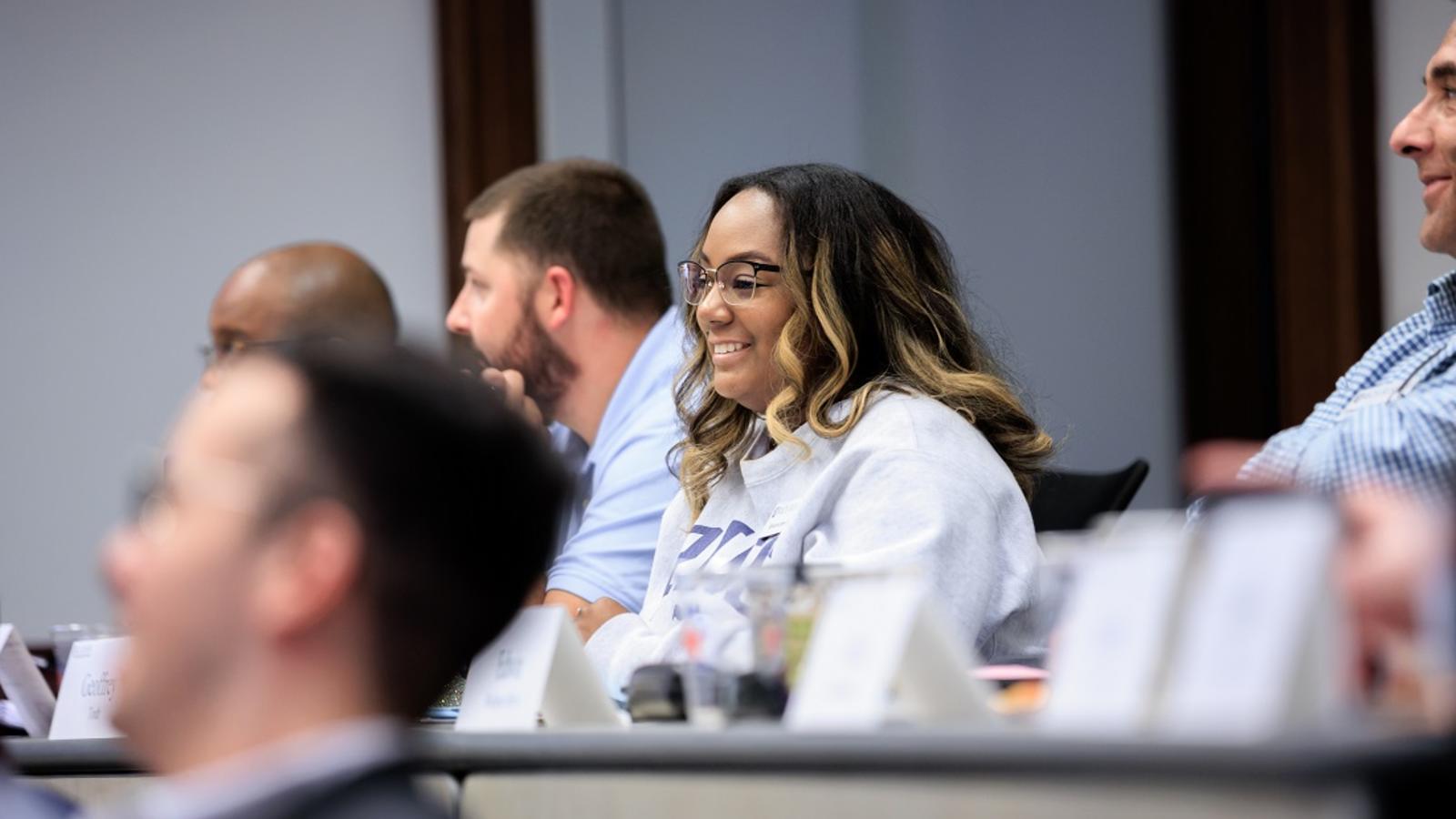
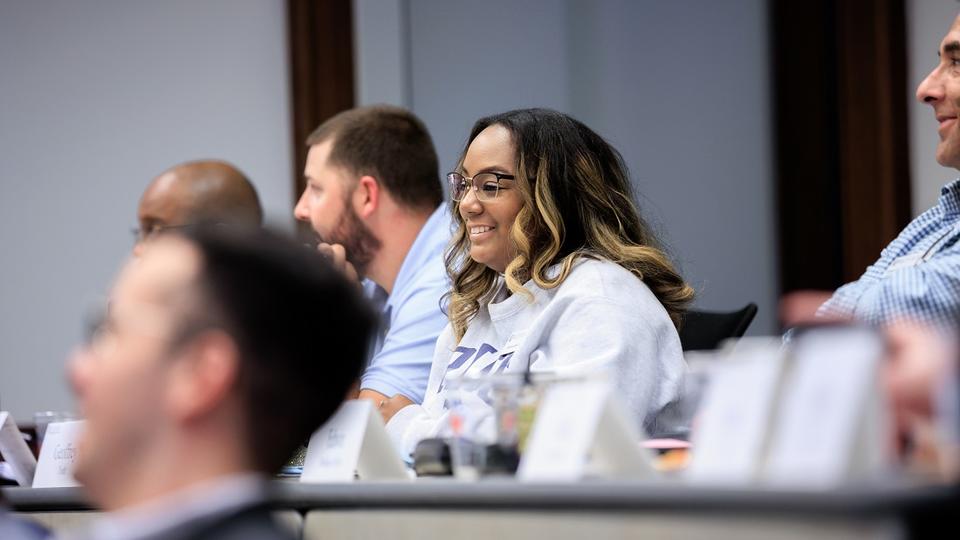
Updated from original post that was published on 8/29/2022.
A Q&A with Associate Dean of Degree Programs George Andrews
At Rice Business, we know your network matters. That's why we're selective about who we admit — we want to foster rewarding and meaningful connections for our students. We're looking for authentic voices and innovative thinkers. When you come to Rice, you know your classmates will be intelligent, highly capable, hungry to learn and have a diversity of experience and perspectives that will enrich your life and broaden your mindset. You'll develop friendships that will last a lifetime.
We want to set you up for success and help you put your best foot forward when you apply for a Rice MBA. Keep reading for a conversation with Associate Dean of Degree Programs George Andrews and his tips for navigating the Rice Business MBA admissions process.
What is the one aspect of our program that you wish applicants knew more about?
Our commitment to giving students experiential learning opportunities. The Experiential Labs are for students interested in immersing themselves in specific industries. These deep-dive electives let students take what they’ve learned in the MBA program and apply it to organizations and professor-led research projects, solving real-world problems and gaining experience to advance their leadership skills. Learn more about these electives.
In our Global Programs and Experiential Learning, we also offer a full portfolio of externally focused applied learning courses that allow all MBA students to work on business challenges with domestic and international corporate and small business partners, not-for-profit organizations and startups. Learn more about opportunities to expand your global mindset and prepare to lead.
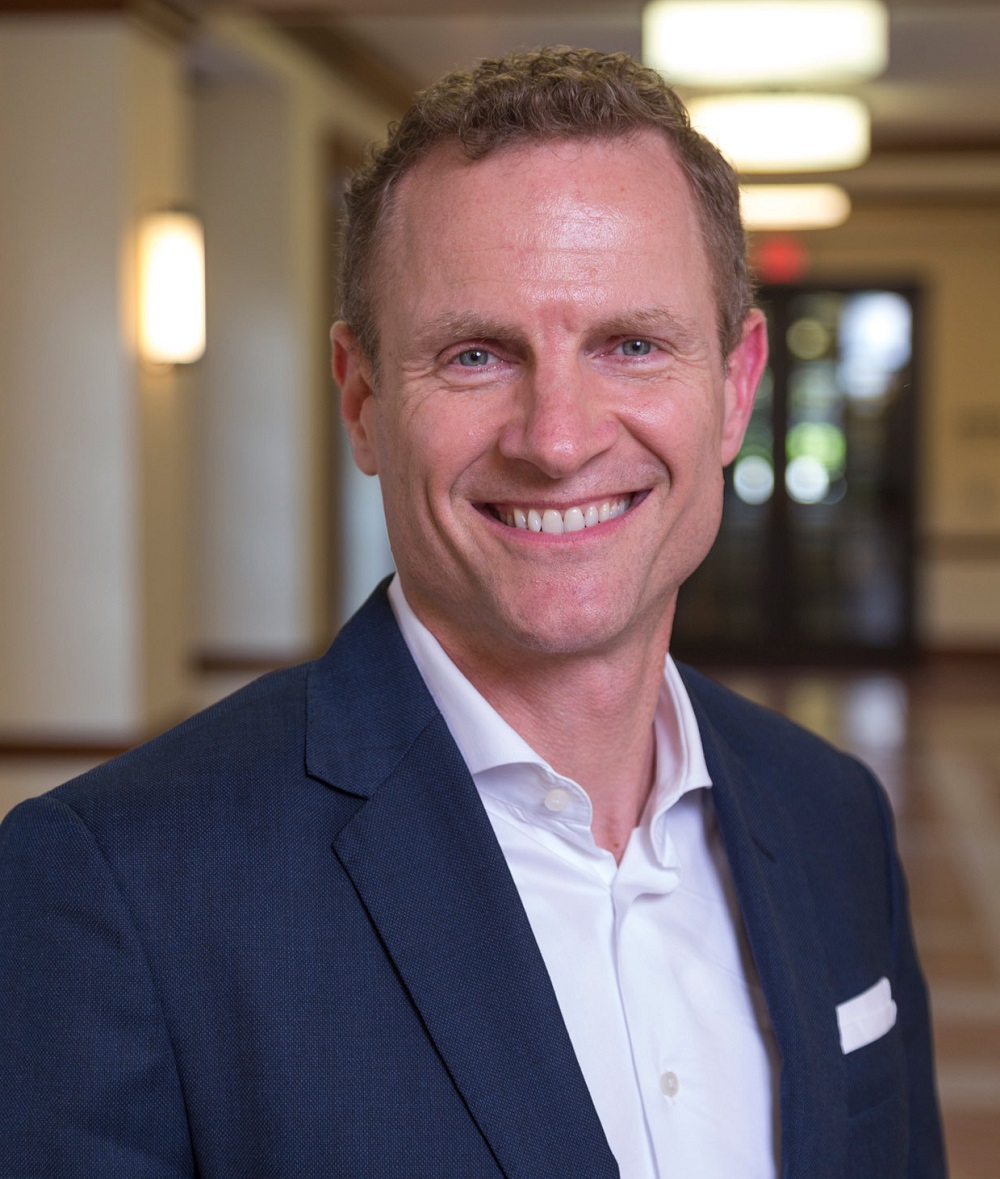
What happens between the time an applicant clicks “submit” and the time the committee offers a final decision?
After a candidate submits their application, it is assessed for completion and undergoes a preliminary review. Additional assessment activities are invitation-only and are extended after the preliminary review. They include the Rice Virtual Assessment and the Community Assessment. The (RVA) is a virtual one-way interview in which candidates are asked to respond to pre-recorded behavioral questions to supplement their applications. The Community Assessment is our version of the interview which is traditionally hosted by current students and some members of the admission team. After additional assessment activities take place, your application will be reviewed again by multiple team members and then your application will go to committee for a final admission decision. The review process takes several weeks and includes multiple touchpoints to honor your efforts as a candidate in our process. So, be patient with us!
What are you looking for as you read an essay? Are there common mistakes that applicants should try to avoid? What is one key thing they should keep in mind as they sit down to write?
The essay is a critical element of the application package. This is your opportunity to show us who you really are. We’re a tight-knit community so we take understanding our future students seriously. The essay is a space for vulnerability, authenticity, courage and honesty. The biggest mistake we see is candidates only answering the question — give us a thoughtful, succinct and informative narrative that really provides a deeper understanding of who you are and who you hope to become. Tell us what you want us to know — not what you think we want to hear. Take your time and commit to submitting something meaningful.
Approximately how many applicants do you interview? Who conducts the interview (students, admissions officers, alumni) and what is the nature of the interview (resume-based, behavioral)?
We refer to our traditional interview as a “community assessment” because you’ll meet with a current student, a member of the admissions team or any other member of the Rice Business community. At the same time, you’re assessing your fit in our community.
Every candidate has the same framework, and we truly are looking for reasons to admit you, which is why we share our standard interview questions with our prospective students beforehand. We aren’t looking to “trick” anyone — we’re searching for the best possible candidates to admit. Providing as much visibility as possible to our process is our primary goal. Questions you can expect from Rice Business include:
- Career Goals: What do you hope to achieve professionally following your MBA?
- Why Rice: We know we are among great company with competitive MBA programs. Why specifically are you interested in Rice Business?
- Driving Factor: I can imagine you will have offers in this process. What will be the guiding factor for you as you prepare to make your final decision?
- Belonging and Inclusivity: We believe diverse teams make better business decisions. What does diversity and belonging mean to you? And how are you living out these values either professionally or personally?
- Final Question: Is there anything that we did not discuss that you would like for me to take back to the Admissions Committee on your behalf.
What is your testing policy? Do you offer exam waivers?
Rice Business will always value recent academic data points in the evaluation of your application package. We accept the GMAT, GRE and Executive Assessment for all our MBA programs: Full Time, Professional, Executive, Online and Hybrid. These tests help us evaluate if you have the quantitative abilities to shine at Rice Business. While a standardized test score is preferred, we do have a GMAT Waiver Request process imbedded into the application itself. Learn more about the criteria for those who are eligible.
Interested in Rice Business?
Can you share two of the most popular courses?
With over 100 elective courses for our MBA students, it’s hard to pick just two! Giving students choices allows them to customize the program in the direction they want to take their education and career. Areas of study through our electives include: managerial accounting, corporate responsibility, government relations, operations management, portfolio management, applied predictive modeling, applied risk management, energy derivatives, corporate real estate, brand strategy, business law and more. You can review and explore our current course catalog for Full-Time MBA students.
Below are two popular courses, according to students:
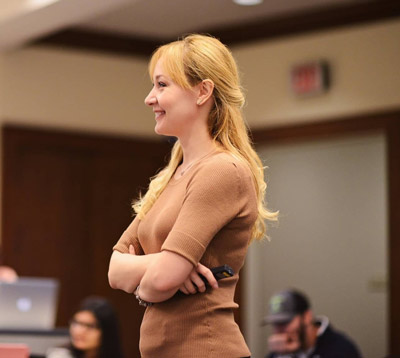
Scandals and Reputation Management
Professor Anastasiya Zavyalova
Companies with strong reputations gain competitive advantage. However, reputation is not a tangible attribute of a firm, but rather an intangible asset held in the minds of the firm's constituents. The goal of this course is to provide students with analytical tools to assess how an organization can build, damage, and repair its reputation.
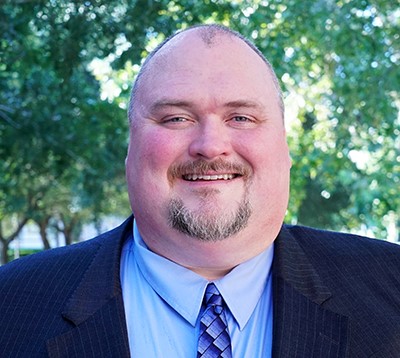
Power and Influence in Organizations
Professor Jonathan Miles
A manager’s primary purpose is to use power to influence subordinates and create an effective organization. This course will teach students how to build power, how to influence people, and the proper use of power in the modern organization through lecture, discussion, and experiential activities.
Do prospective students have the opportunity to visit campus?
We look forward to welcoming students on campus. Please be sure to register for our in-person and virtual events throughout the year as we are always eager to connect with you.
Is there anything else you’d like to highlight about the Rice MBA program or admissions process?
We always love to highlight our hometown of Houston! American’s 4th largest city still has the feel of a small town with an affordable cost of living. With 26 Fortune 500 headquarters, over 550 arts and science institutions, 10 professional sports teams, over 10,000 restaurants and nearly 65,000 acres of green space, Rice University sits in the middle of it all — steps from the largest medical center in the world, the Museum District and the public zoo.
Earning your MBA at Rice Business gives you the chance to live in the most ethnically diverse city in the U.S. for two years...and maybe even longer. You belong here. Come join our community of attentive, responsive and kind individuals who believe in the transformative experience of earning an MBA from Rice Business.
George Andrews is the Associate Dean of Degree Programs at Rice Business, leading each of the MBA programs, the Career Development Office, Student Program Office and Recruiting and Admissions.




